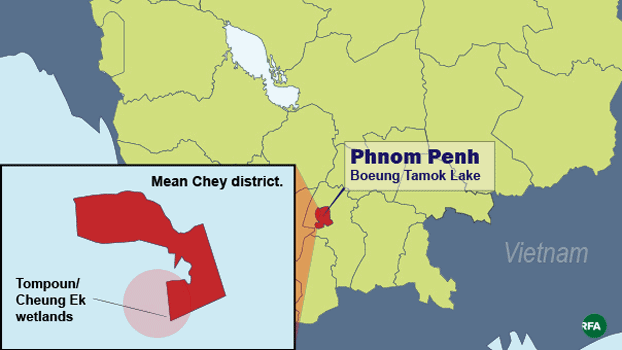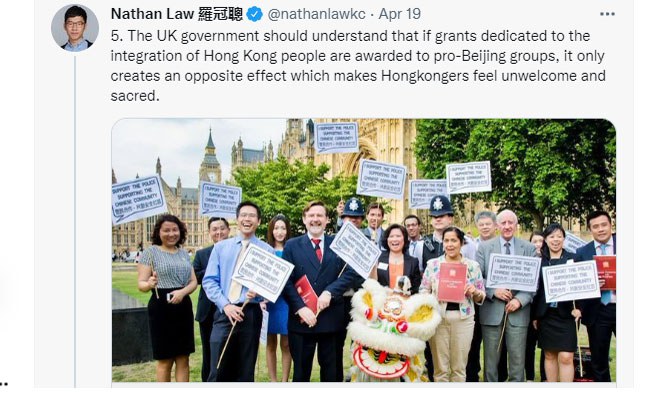Indonesia wants Chinese lender to fund overrun for high-speed rail line
Indonesia will ask the China Development Bank to finance 75 percent of the nearly U.S. $2 billion cost overrun for the construction of a Beijing-backed fast train project linking the capital Jakarta with Bandung, a project official said Thursday. The cost of the rail line, which is now projected to be completed next year, has swelled to nearly $8 billion. The project is part of the Belt and Road Initiative, China’s $1 trillion-plus program to finance and build infrastructure projects across the globe. “Obviously the first one to be offered is CBD [China Development Bank], the lender financing 75 percent of the project,” said Dwiyana Slamet Riyadi, president director of the consortium, PT Kereta Cepat Indonesia China (KCIC), according to a report by Tempo, the Indonesian news outlet. Dwiyana said the Indonesian government had proposed that the same financing structure apply to the cost overrun, with the consortium covering 25 percent. KCIC is a joint venture of a consortium of four Indonesian state-owned companies – KAI, Wijaya Karya, PTPN VIII, and Jasa Marga – and a consortium of Chinese companies. The Indonesian consortium controls 60 percent of KCIC, while China Railway Engineering Corp. and other Chinese companies control the rest. The 89-mile (143.2-km) Jakarta-Bandung rail line is expected to slash travel time between the Indonesian capital and Bandung from three hours to 40 minutes, officials have said. In January, President Joko “Jokowi” Widodo said the project was expected to be operational by June 2023. The contractor, meanwhile, said the project was 82 percent complete. Since construction began in 2017, the project has been dogged by criticism about its impacts on surrounding areas as well as concerns about rising costs. On Wednesday, Minister of Transportation Budi Karya Sumadi witnessed the laying of the first section of track for the rail link in West Java. Last October, Jokowi decided to allow the government to share the cost of the railway project, contradicting an earlier pledge and decree in 2015 that prohibited the use of state funds for its construction. A presidential spokesman said Jokowi’s directive would allow the project to be completed. A month later, the finance minister told a parliamentary panel that the government had decided to inject 4.3 trillion rupiah ($299 million) into the project. Critics had expressed concern that the move could deplete state coffers and lead Indonesia into a debt trap. Yusuf Rendy Manilet, an economist at the Indonesian Center for Reform of Economics, a private think-tank, said renegotiating funding for the project is necessary. “The government should also look at whether the risks [to state coffers] remain the same or there are adjustments or additional risks,” Yusuf told BenarNews. The economist said potential overruns should have been agreed upon during the project’s planning stage. “This needs to be especially noted considering that China will become one of Indonesia’s main economic partners in the next few years,” Yusuf said. Now, the government and other stakeholders need to recalculate the cost because of the overrun, he said. Knock-on effects from capital move In February, the consortium said the high-speed rail service was expected to become profitable 40 years after completion – not 20 as earlier projected – partly because plans to move the national capital from Jakarta to Borneo could sharply reduce the number of riders. Moving the seat of government away would cut the projected number of passengers using the railway connecting Jakarta to Bandung in West Java nearly in half because many government employees are expected to relocate to the new capital, a company spokesman said. An AidData study released last year noted that Indonesia owes $17.28 billion in “hidden debt” to China, more than four times its $3.90 billion in reported sovereign debt. Nearly 70 percent of China’s overseas lending is directed to state-owned companies and private-sector institutions and the debts, for the most part, do not appear on government balance sheets, said the U.S.-based international development research lab. BenarNews is an RFA-affiliated online news service.



